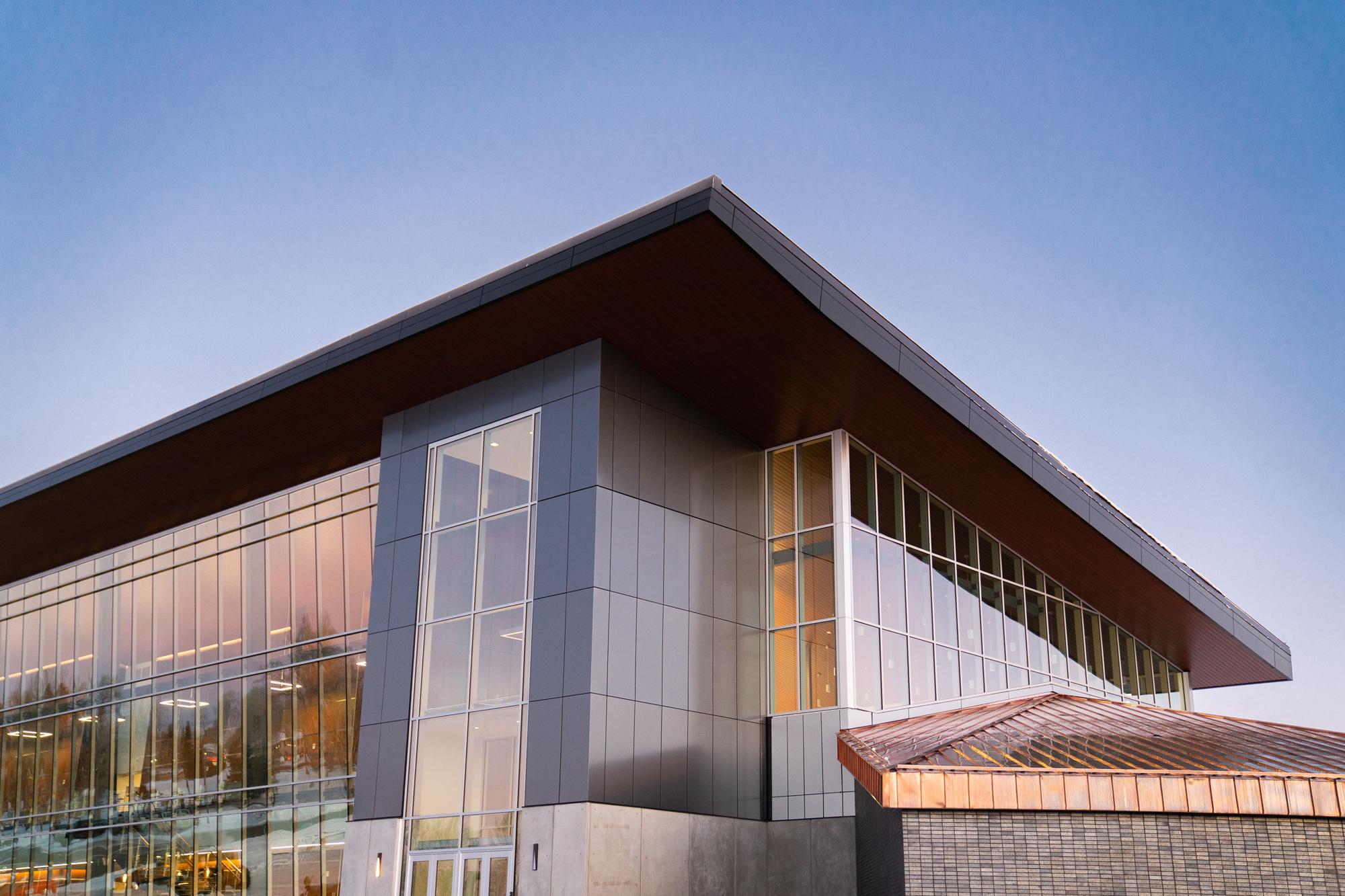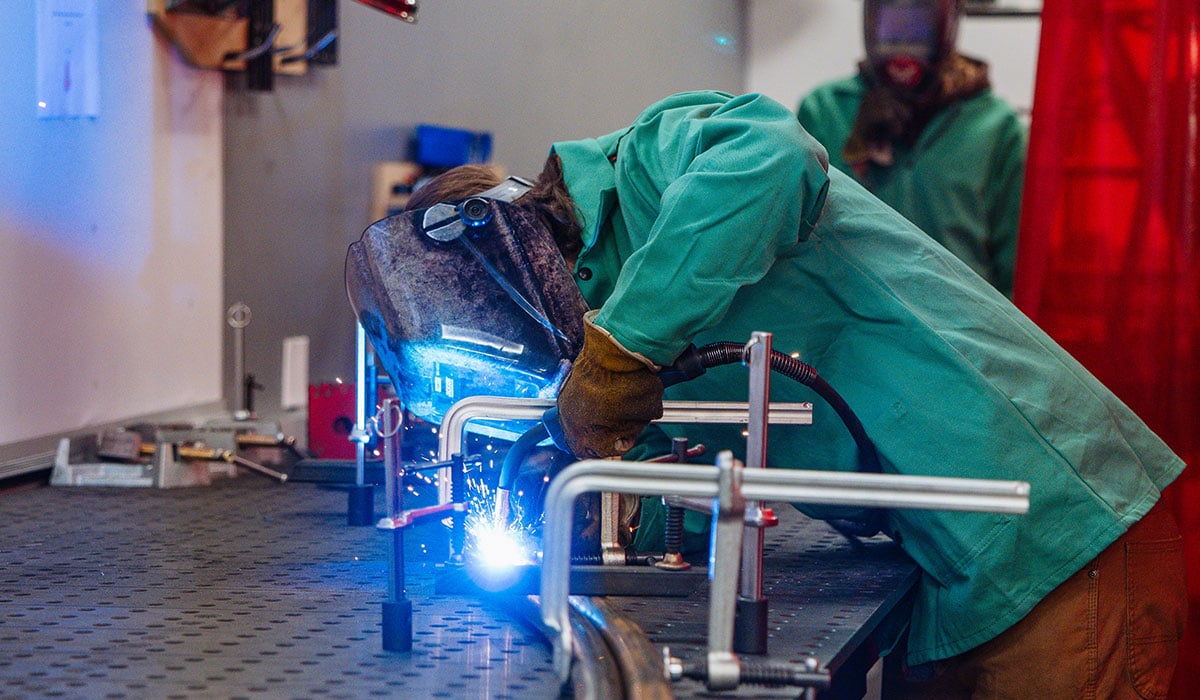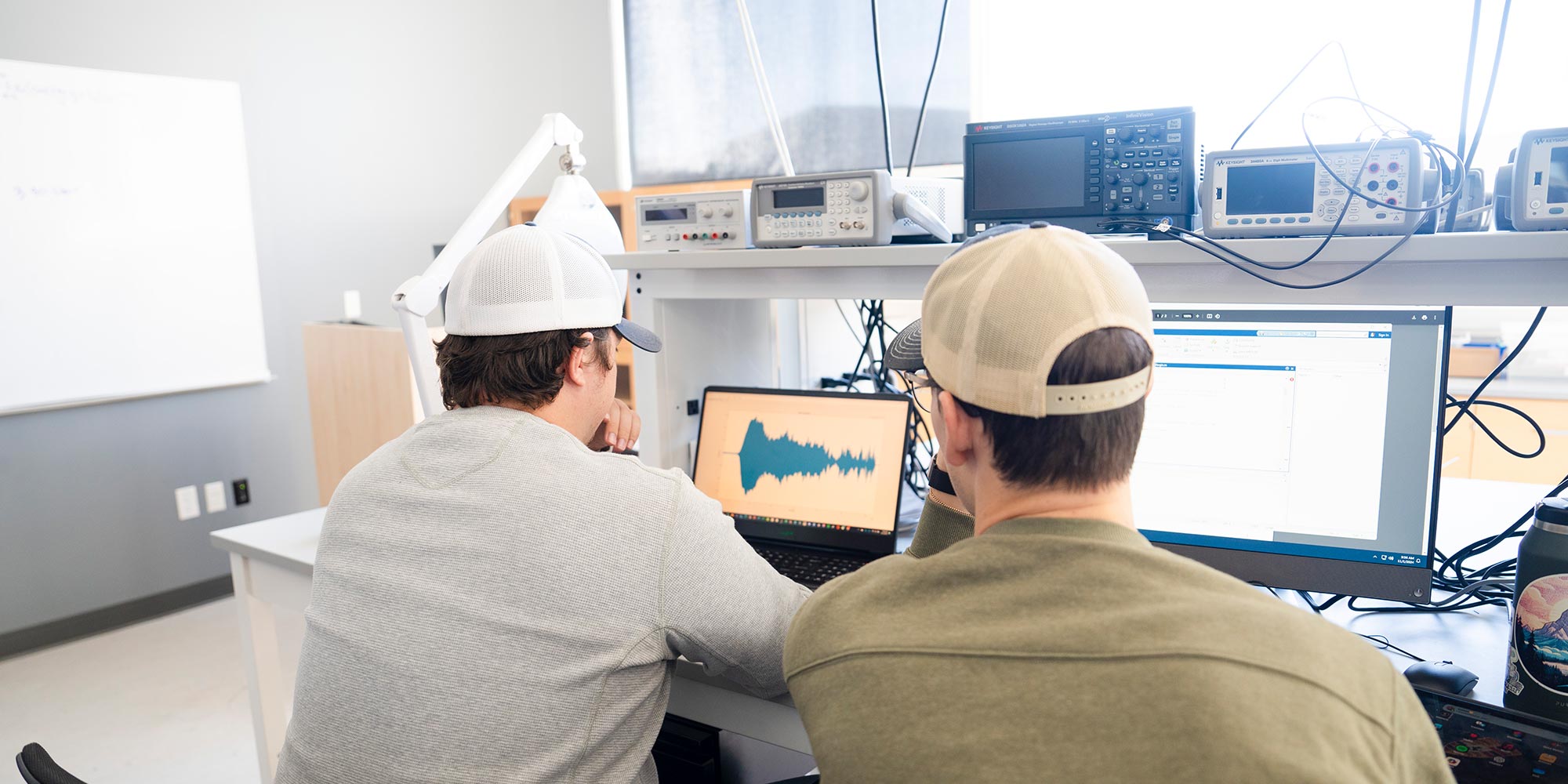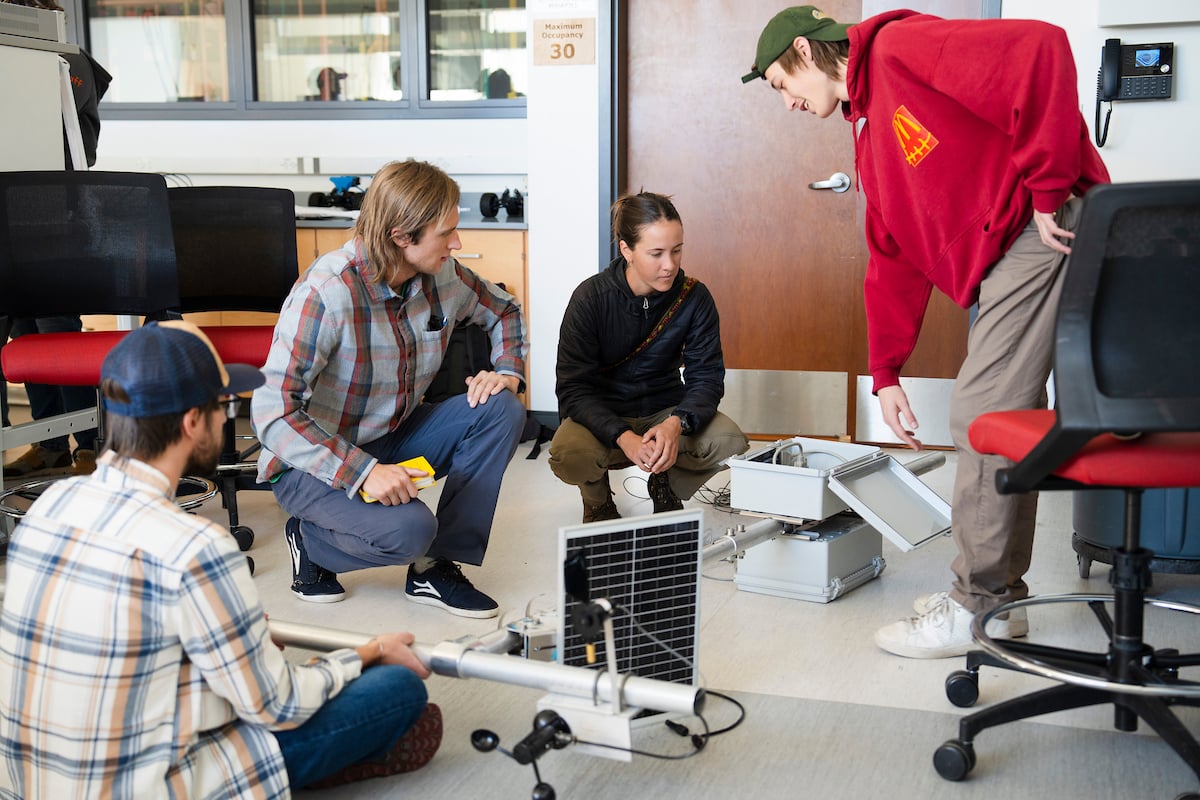Shaping engineering leaders through real-world experience.
The Western-CU Boulder Engineering Partnership Program blends top-tier academics with hands-on experience in our cutting-edge labs and classrooms. Earn a biomedical or mechanical engineering degree from CU Boulder while studying on Western’s campus—where small class sizes, expert faculty, and landscapes fuel big ideas.
Engineers are crucial in solving complex problems using science, math, and technology across various industries, including biomedical, aerospace, and automotive sectors. Their role remains vital as the job market for mechanical engineers is projected to grow 10% from 2022 to 2032, which is much faster than the average for all occupations. This growth translates to approximately 19,200 job openings each year.



